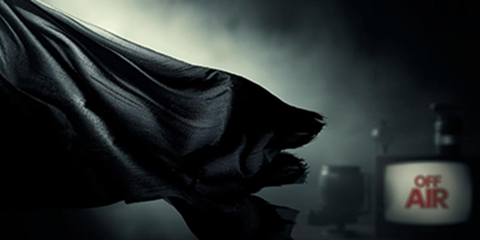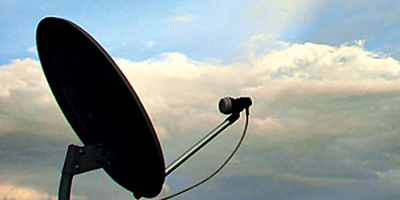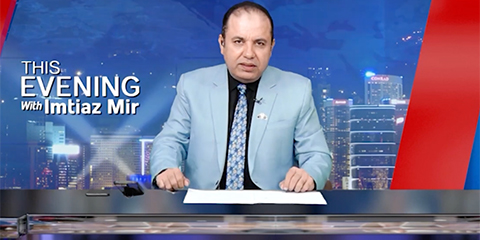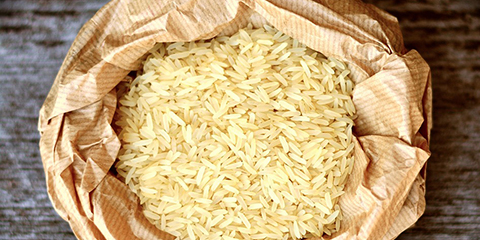
PFUJ recalls November 3, 2007 emergency as Pakistan’s darkest day
November 03, 2025: PFUJ recalls November 3, 2007, as Pakistan’s darkest day under Musharraf, urging protection for journalists and the abolition of laws threatening press freedom.
JournalismPakistan.com | Published 11 years ago | Daud Malik
Join our WhatsApp channel
ISLAMABAD: The Pakistan Electronic Media Regulatory Authority (PEMRA) Thursday invited request for proposal to hire an international consultant for direct-to-home (DTH) licensing in Pakistan.
According to PEMRA, subscribers in Pakistan are receiving satellite channels through cable operators who establish their own systems comprising dish antennas, modulators, decoders, coaxial cable and line amplifiers etc. for relaying these channels to subscribers. However, it adds that DTH offers greater and better-quality coverage.
The consultant will assist PEMRA in preparing eligibility criteria, bidding methodology, determination of base price, recommendations on number of licenses to be issued etc.
It seems that the government has finally decided to change the way private channels’ transmission is beamed to subscribers’ home. As the cable operators and the government squared off over the issue of (un)blocking Geo TV transmission, for most of the time PEMRA seemed helpless before the cable operators’ association.
PEMRA issues licenses for distributing “TV programs through a set of cable” and a company registered with the Security and Exchange Commission of Pakistan under the Companies Ordinance, 1984 or the Registrar of the Firm, is eligible to apply for Cable TV license. Today the country has more than 3000 cable operators.
As Pakistan opened its airwaves in 2002, it has seen an unprecedented surge in the number of private TV channels. Today the country has 91 privately-owned television channels. Of them 35 are news channels.
Additionally TV channels' overt engagement in the political crises that Pakistan witnesses from time to time, especially since the movement for the restoration of Supreme Court judges in 2007, the viewership of the news channels remains high. Though there have been questions around the partisan coverage by the TV channels of every political crisis, they are becoming the first source of news for a large number of Pakistanis.
In July 2013, according to a Gallup Pakistan survey, the cable TV viewership reached 64%, up from 55% in 2010. Significantly, the cable TV viewership went up from 34% in 2010 to 50% in 2013.
In October 2013, the Cable Operators Association of Pakistan had alleged that that at least two million illegal Indian DTH/Dish TVs had been sold in Pakistan through which banned Indian channels were being seen in the country.

November 03, 2025: PFUJ recalls November 3, 2007, as Pakistan’s darkest day under Musharraf, urging protection for journalists and the abolition of laws threatening press freedom.

November 02, 2025: PFUJ urges Pakistan’s federal and provincial governments to end Impunity for Crimes Against Journalists and ensure their safety and press freedom.

November 02, 2025: Impunity for crimes against journalists deepens worldwide as Pakistan reports a 60 percent surge in attacks and weak enforcement of safety laws.

November 01, 2025: Pakistan Press Foundation reports 137 attacks on journalists in 2025, highlighting rising threats, legal harassment, and censorship on the International Day to End Impunity.

November 01, 2025: A viral Samaa TV clip featuring MNA Sher Afzal Marwat’s crude remarks and Talat Hussain’s laughter raises questions about the declining ethics of Pakistani television.

October 31, 2025: Police foiled a plot to kill DawnNewsTV journalist Tahir Naseer in Rawalpindi after arresting suspects hired for Rs200,000. Naseer says threats followed his reporting.

October 31, 2025: CPJ calls on Pakistan to bring Imtiaz Mir’s killers to justice after the journalist was allegedly murdered by a banned militant group in Karachi.

October 30, 2025: The PFUJ has condemned a fabricated drug case against journalist Matiullah Jan, calling it an attempt to silence him and urging authorities to quash the charges immediately.

November 03, 2025 Global journalist unions condemn the Indonesian agriculture minister’s lawsuit against Tempo, calling it a threat to press freedom and demanding that the case be withdrawn.

November 02, 2025 Independent outlet All About Macau to halt print and online operations amid rising pressure, financial strain, and legal threats, sparking press freedom concerns in the city.

November 01, 2025 Belarus court jails journalist Siarhei Chabotska for extremism and defaming the president, highlighting Minsk’s ongoing crackdown on press freedom.

November 01, 2025 Mexican journalist Miguel Angel Beltran was found murdered in Durango. CPJ urges authorities to ensure justice amid rising violence against journalists in Mexico.

November 01, 2025 UNESCO survey finds one-third of media lawyers cannot effectively defend journalists due to threats, limited resources, and lack of specialization.